Soaring temperatures, unrelenting heat waves, sweat and a general sense of unease are just some of the things you associate with the dog days of summer. With the sun beating down at its harshest, a backyard pool where you can take a dip whenever you want and is the perfect antidote to say goodbye to the summer heat in style.
Choosing the right style of pool can be a daunting task. Should you get an in-ground or an above-ground pool? What kind of material should be used for construction? What size? Perhaps most importantly: saltwater or chlorine? And these are not the only questions you will have in mind about building that dream pool in your backyard.
Feeling the heat already? Let’s make things simpler and see if we can help you figure out which pool will work best for your home.
In-Ground Pool
This type of swimming pool is more of a ‘long-term commitment’ that you will make with your backyard. It requires detailed planning and a bigger budget, but with stunning results, all those efforts will be worthwhile.

Typically, an in-ground pool can be made using concrete, vinyl or fiberglass, with concrete being the most preferred option. Most homeowners choose this material as it provides limitless customization options in terms of shape and depth.
While maintaining your in-ground pool might require some extra leg work, some basics like regular pH level monitoring, skimming for debris, and using a sturdy, custom made pool tarp will add years to the life of your pool.
Here are some pros and cons that an in-ground pool offers.
Pros
Lifespan: Possibly the biggest advantage of an in-ground pool is its longevity. With an average lifespan of over 50 years, the pool can last even longer with some good old TLC. A coat of gel layer every ten years or so and your pool stays as good as new.
Shape and size: A custom-built, in-ground pool offers unlimited design options. From an amoeba shape to an infinity pool or even an attached kiddie pool for the little ones, you will be only limited by your imagination.
Additional features: In-ground pools can also accommodate some pretty cool add-on features like lighting, heating, diving board, and even a slide.
Cons
Cost: With a ballpark figure of around $30K for a regular in-ground pool (price depending on locale), it will not be easy on the pocket. Expect the figure to go higher if you’re looking for additional features.
Installation: Building a pool from scratch takes some effort. You will have to wait at least 3-4 weeks before you can even think of splashing around in that pool. The timeline will vary based on the choice of your material, with concrete taking the longest.
Maintenance: While a pool of any kind will require some maintenance, an in-ground pool calls for a more determined approach. For bigger pools, there could be a possibility that you’ll have to hire someone for its regular upkeep.
Above Ground Pool

This type of pool offers flexibility for homeowners who are looking for a pool but have limited finances. With an easy-to-setup process that takes comparatively less time to install, your above ground pool will be ready before you know it.
Usually made with steel and/or resin, an above ground pool comes pre-designed in round or oval shapes. These pools are ideal for homes with smaller backyards and offer a great way to add something exciting to your otherwise dull backyard.
Some important points to understand about above-ground pools are:
Pros
Cost: This is what makes an above ground pool a great choice. Average prices hover around the $9K mark; however, decking comes at an extra charge. But as you can see, the cost will always be significantly lower compared to an in-ground pool.
Installation: A prefabricated design makes an above ground pool easy to install. A basic pool of this kind can also be your DIY project for the beginning of summer.
Maintenance: A smaller size compared to an in-ground pool makes an above-ground pool easy to maintain. With the requirements of fewer chemicals and a less elaborate cleaning routine, you will save a considerable amount of time and resources.
Cons
Shape: An above ground pool comes pre-designed in various shapes and sizes. If you’re looking for custom shape and depth, this is not the kind of pool you’d want.
Lifespan: An average life of around 20 years means the above ground pool won’t last nearly as long as the in-ground option.
Accessibility: Without proper decking or steps, it can get difficult to get in and out of an above ground pool. Getting these add-ons, however, will also inflate your final bill.
After you’ve set your mind on the kind of pool you want in your backyard, now it’s time to focus your attention on the type of water you’d be dipping in. The two options available are saltwater and chlorinated water.
Salt Water
Using saltwater for pools is a more new-age option available for pool owners. With the widely accepted health benefits of soaking in a saltwater bath, your saltwater pool can provide an alternative to the traditional chlorine-laden variety.
Pros
Gentle on the skin: Rough dry hair, itchy skin, and itchy, red eyes will be history with a saltwater pool. It is also great for people with allergies or asthma.
No Smell: That strong chlorine smell can be a major put-off. Saltwater does not smell like chemicals and has considerably lower levels of chlorine.
Maintenance: Compared to a regular chlorine pool, a saltwater pool demands less maintenance. Regular pH and alkaline level checks and you’re all set.
Cons
Cost: A saltwater pool requires specialized equipment that converts salt into chlorine. This hardware doesn’t come cheap and can set you back by at least $1500.
Corrosive: Saltwater will gradually eat away metal equipment and handrails. This will eventually add to your costs unless the pool is professionally cared for.
Expensive Repairs: Your saltwater filtration system will need to be repaired every third year. With professional services being quite expensive, a saltwater pool can soon turn into a money pit.
Chlorinated Pool

Traditionally, pool owners have used chlorine as the disinfectant of choice as an effective measure to control bacterial growth and algae in the water. However, it still has some drawbacks that will make you think twice before choosing this option. These points should help you decide.
Pros
Lower Cost: Just by adding chlorine in the form of liquid or tablets, you can have your ready in no time. No need for fancy equipment or specialized hardware.
Easy on the deck furniture: Unlike saltwater that will damage your patio/deck fixtures, chlorine water is harmless to wood and metal.
Cost-effective repairs: Taking care of minor repairs for your chlorinated pool will not require expert intervention.
Cons
Harsh on skin and hair: Chlorine will leave your hair and skin dry and damaged. Plus the strong smell of chlorine is something that most people do not look forward to.
Constant monitoring: Chlorine pools require frequent checks to monitor the chemical balance of the water. This can be crucial for people with sensitive skin or allergies.
Requires careful handling: Storing your chlorine supply requires a moisture-free environment to keep it safe and effective.
So there you have it. A backyard pool will without a doubt be the most fun area of your home. But it will take some research on your part to get that dream pool which is just right for you and your family. With a few basics like regular maintenance, a custom pool cover, and a regular cleaning schedule you can get the best out of your pool and enjoy it for generations.


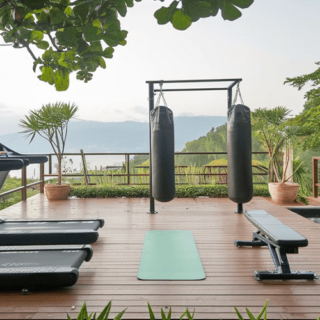
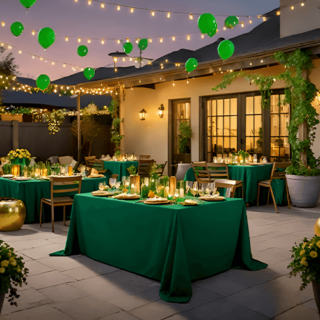


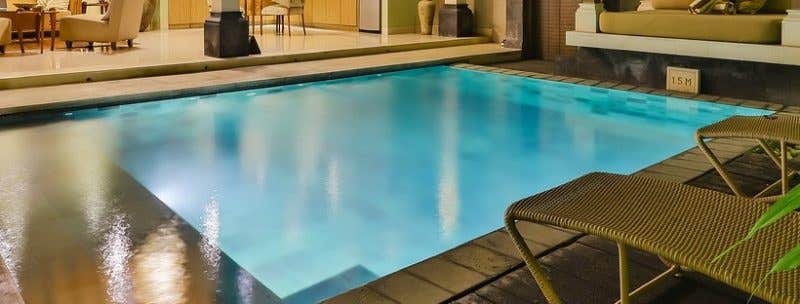


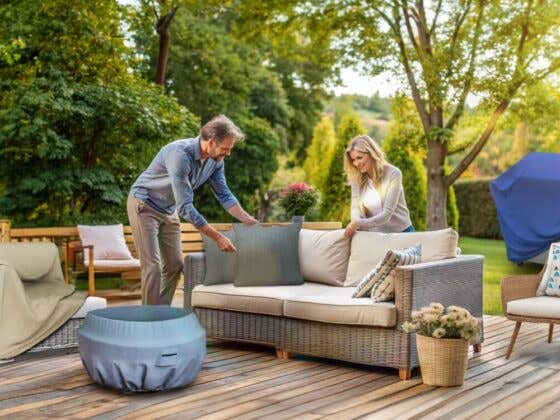
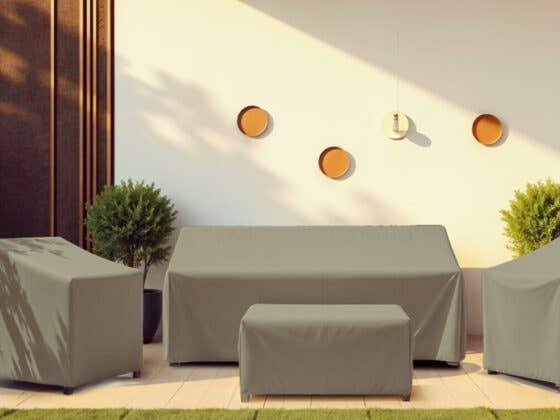
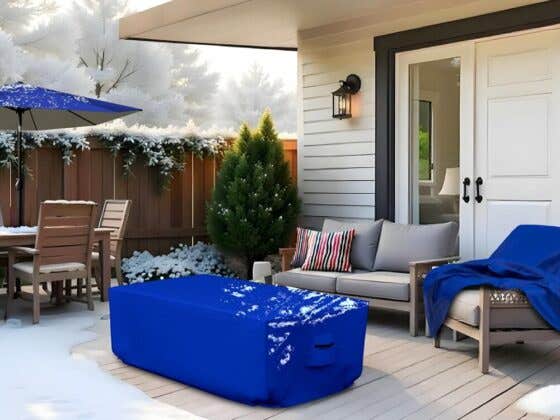

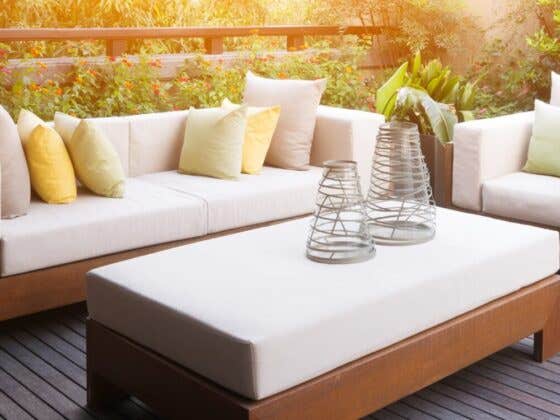
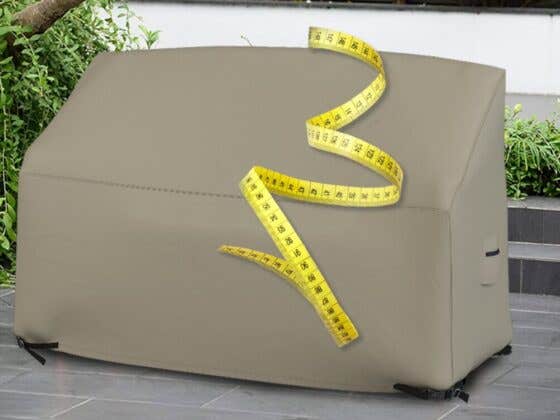
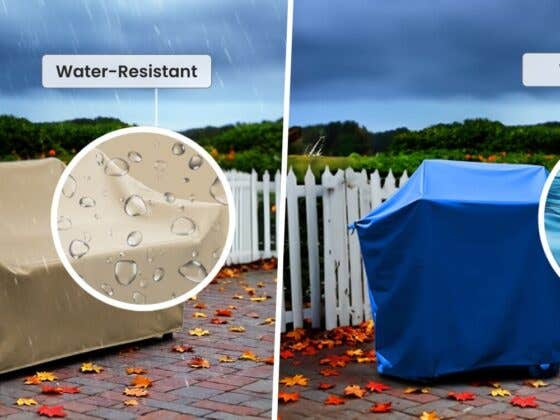
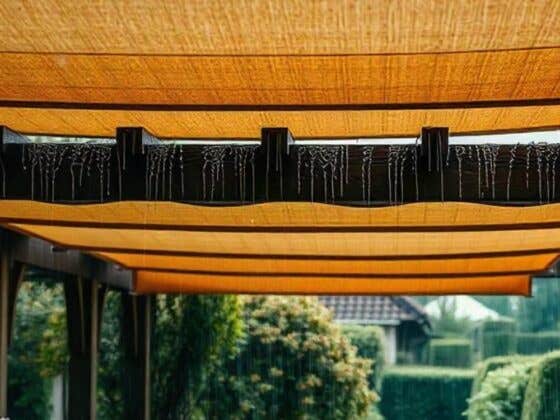
Recent Comments